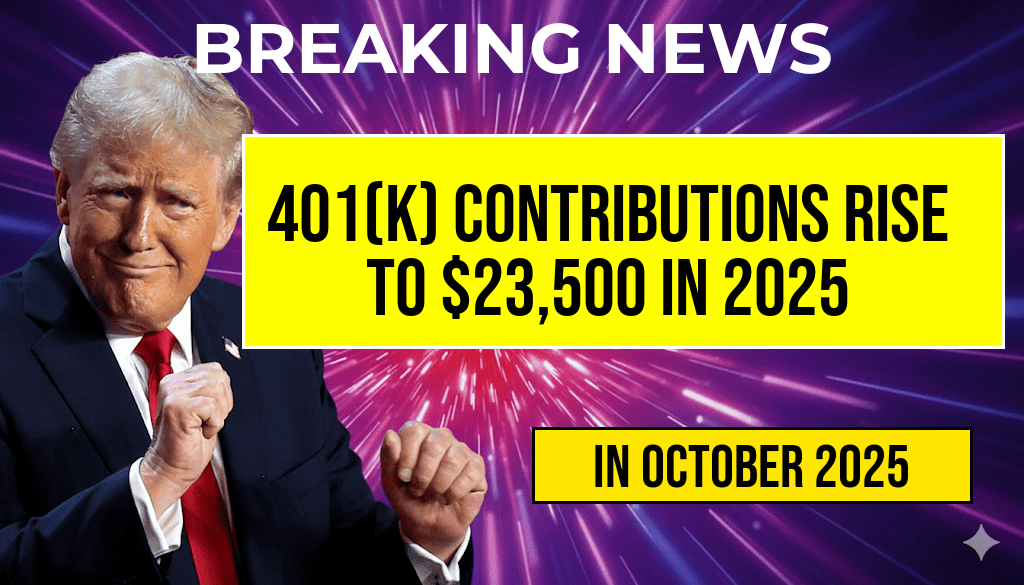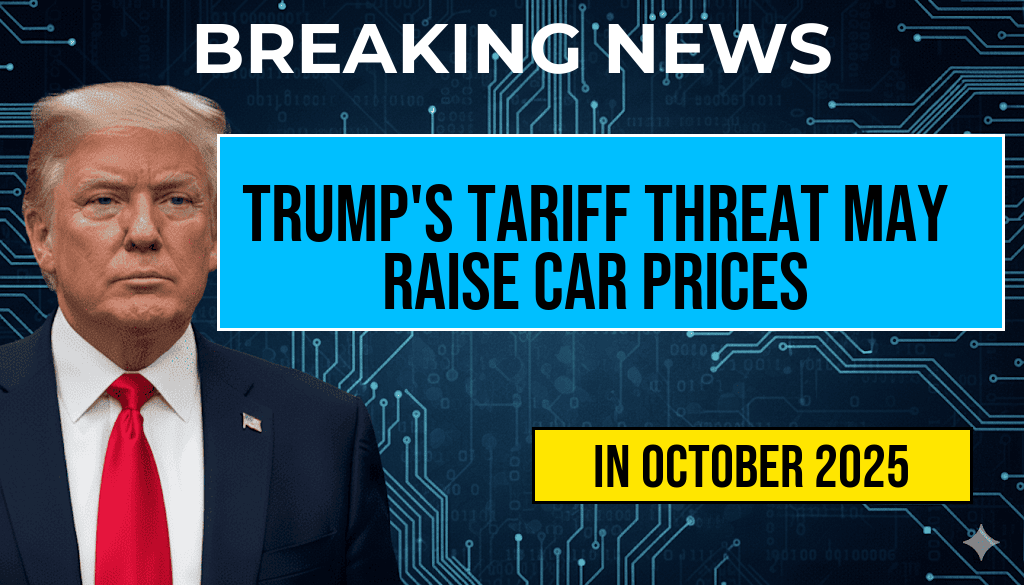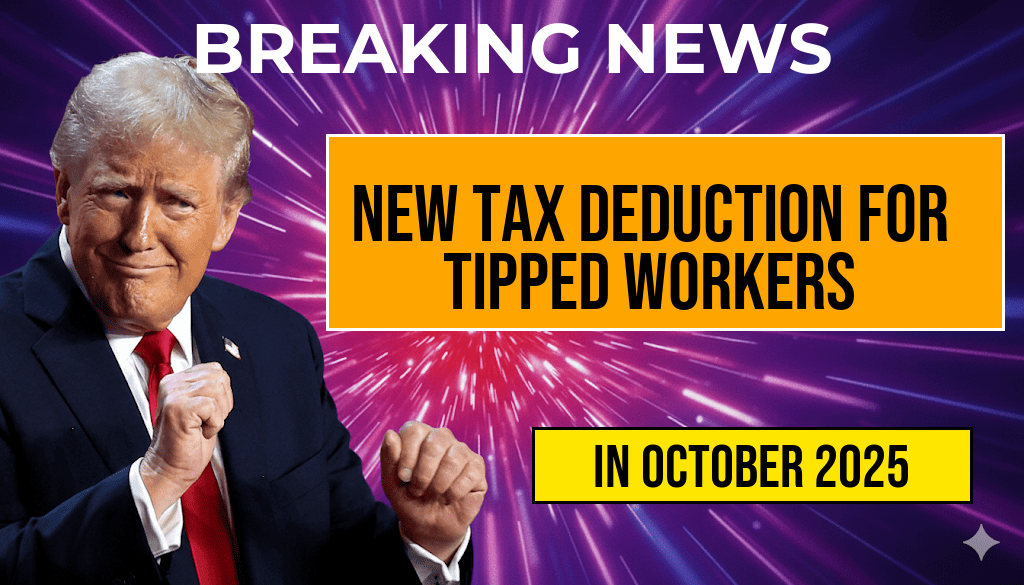As the deadline approaches, homeowners and potential buyers are urged to consider the implications of the impending expiration of residential energy tax credits, which are set to conclude at the end of 2025. These incentives, designed to encourage the adoption of renewable energy technologies such as solar panels, geothermal systems, and energy-efficient appliances, have played a crucial role in promoting green energy initiatives across the United States. With the clock ticking, industry experts are warning that the loss of these tax credits could significantly impact both the environment and the economy, potentially slowing down the momentum gained in recent years toward sustainable living.
Understanding the Residential Energy Tax Credits
Residential energy tax credits were established to incentivize homeowners to invest in renewable energy solutions. These credits allow homeowners to deduct a percentage of the cost of qualified energy improvements from their federal taxes, making green energy options more accessible. Since their inception, these incentives have led to millions of households making the switch to sustainable energy sources, contributing to a reduction in carbon emissions and fostering a cleaner environment.
Current Tax Credit Landscape
As of 2023, the federal tax credit for solar energy systems is set at 26% of the total installation cost, a percentage that is scheduled to drop to 22% in 2024 and expire entirely after 2025. Other renewable energy credits, such as those for wind and geothermal systems, are also facing similar expiration timelines. The impending cessation of these credits raises concerns about the future of renewable energy adoption and its associated economic benefits.
Impact on Homeowners and the Economy
The expiration of these tax credits is expected to have several significant consequences:
- Increased Costs: Without these tax credits, the initial investment for renewable energy systems will become more burdensome for many homeowners, potentially deterring them from making eco-friendly choices.
- Slower Adoption Rates: The reduction in financial incentives may lead to a slowdown in the adoption of renewable energy technologies, reversing the progress made in recent years.
- Job Losses: The renewable energy sector has generated thousands of jobs; a decline in installations could lead to layoffs and reduced opportunities in the industry.
Voices from the Industry
Industry experts and advocates are voicing their concerns about the potential fallout from the expiration of these credits. According to a recent report from the Energy Innovation organization, the expiration could lead to a loss of approximately 100,000 jobs in the renewable energy sector by 2026. This decline would not only affect solar and wind energy companies but also the broader economy, which benefits from the growth of green industries.
Call to Action for Homeowners
As the deadline approaches, homeowners are encouraged to take advantage of the available credits before they expire. This may involve:
- Consulting with energy professionals to assess which upgrades are eligible for tax credits.
- Considering financing options to minimize upfront costs associated with renewable energy installations.
- Staying informed about any legislative changes that may impact energy incentives.
Potential for Future Legislation
While the current tax credits are set to expire, there is ongoing discussion among lawmakers about the future of renewable energy incentives. Some advocates are pushing for a permanent extension of these credits or the introduction of new incentives to further encourage the transition to green energy. According to sources from The Washington Post, the outcome of these discussions could shape the landscape of renewable energy adoption in the years to come.
Conclusion
The looming expiration of residential energy tax credits after 2025 poses a significant challenge for homeowners and the renewable energy industry. As the nation moves towards a more sustainable future, the loss of these incentives may hinder progress and economic growth in green sectors. Homeowners are encouraged to act swiftly to take advantage of these tax credits while they are still available, ensuring they reap the benefits of renewable energy solutions before the window closes.
Frequently Asked Questions
What are the Residential Energy Tax Credits?
The Residential Energy Tax Credits are financial incentives provided by the government to encourage homeowners to invest in renewable energy systems, such as solar panels, wind turbines, and energy-efficient appliances. These credits help reduce the cost of installation and improve energy efficiency in homes.
When will the Residential Energy Tax Credits expire?
The Residential Energy Tax Credits are set to expire after 2025. Homeowners interested in taking advantage of these benefits should plan their installations before this deadline.
What types of green energy systems qualify for the tax credits?
Qualifying systems for the Residential Energy Tax Credits include solar energy systems, geothermal heat pumps, wind turbines, and fuel cells. Each system has specific requirements that must be met to qualify for the tax credits.
How can homeowners maximize their savings before the credits expire?
Homeowners can maximize their savings by researching and planning their renewable energy installations ahead of time. It’s advisable to consult with professionals and ensure that the systems installed meet the necessary criteria for the Residential Energy Tax Credits.
What happens after the Residential Energy Tax Credits expire?
After the Residential Energy Tax Credits expire, homeowners may lose out on potential savings when investing in green energy solutions. However, there may still be state or local incentives available, so it’s important to stay informed about alternative programs.



